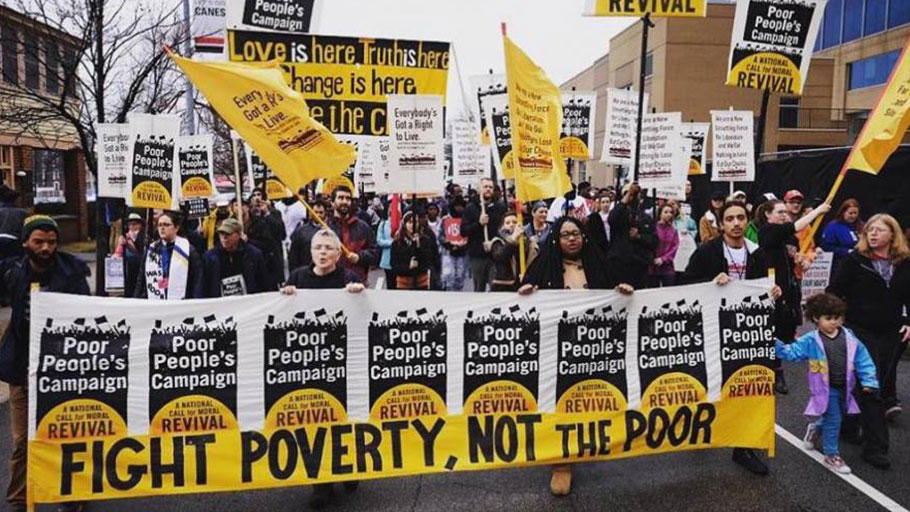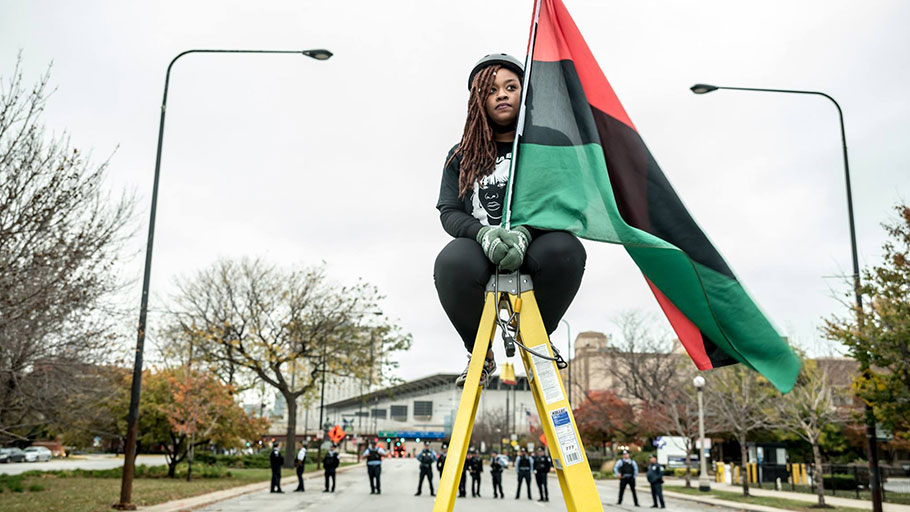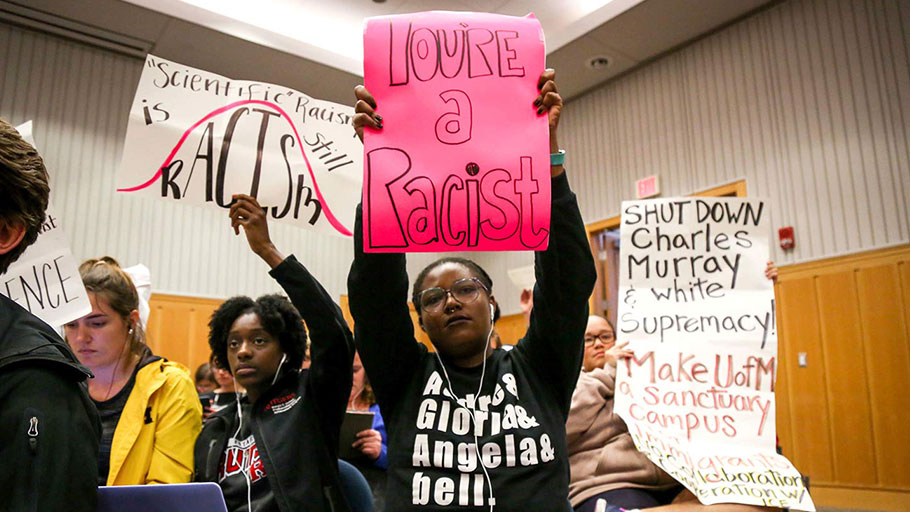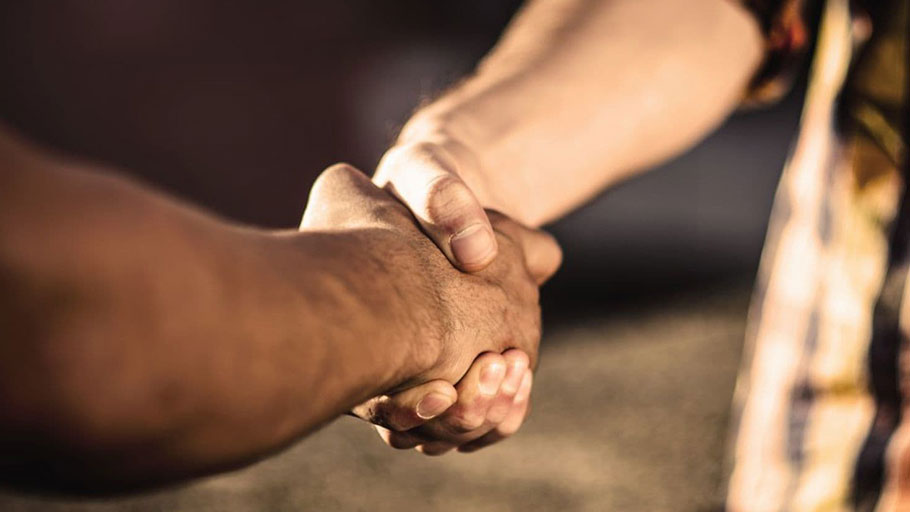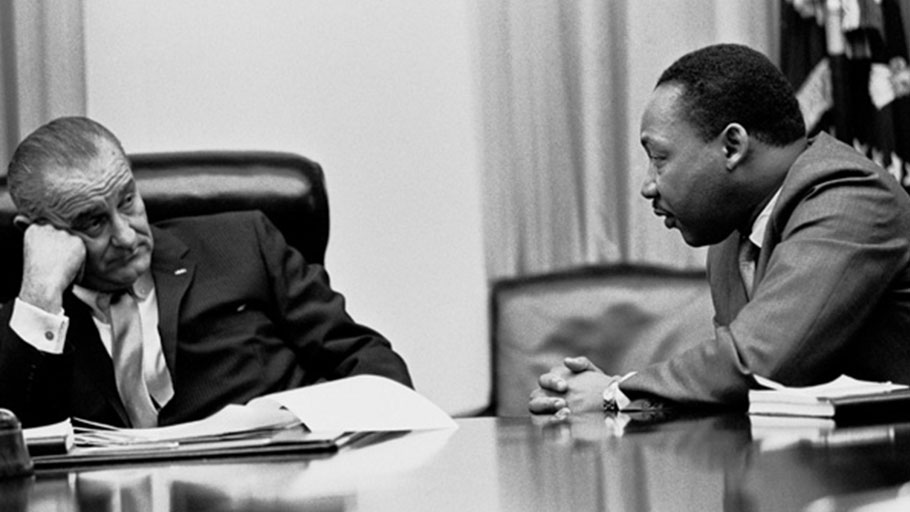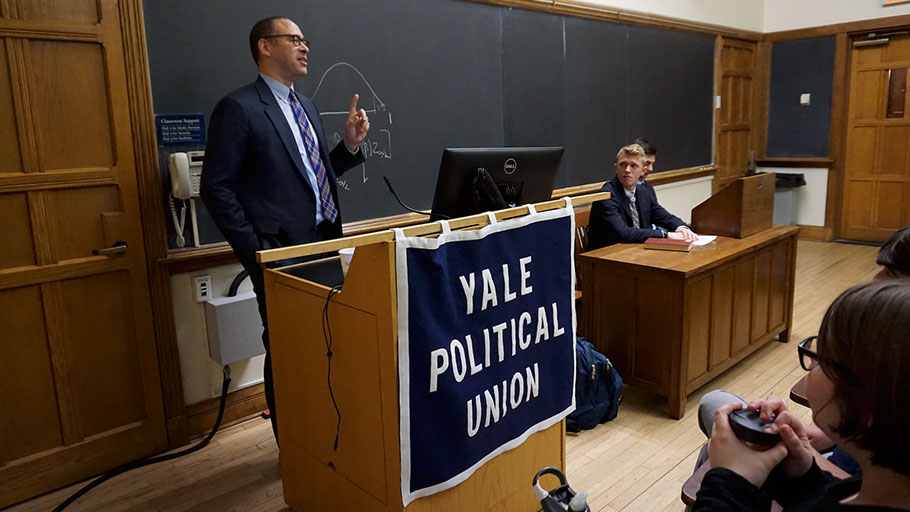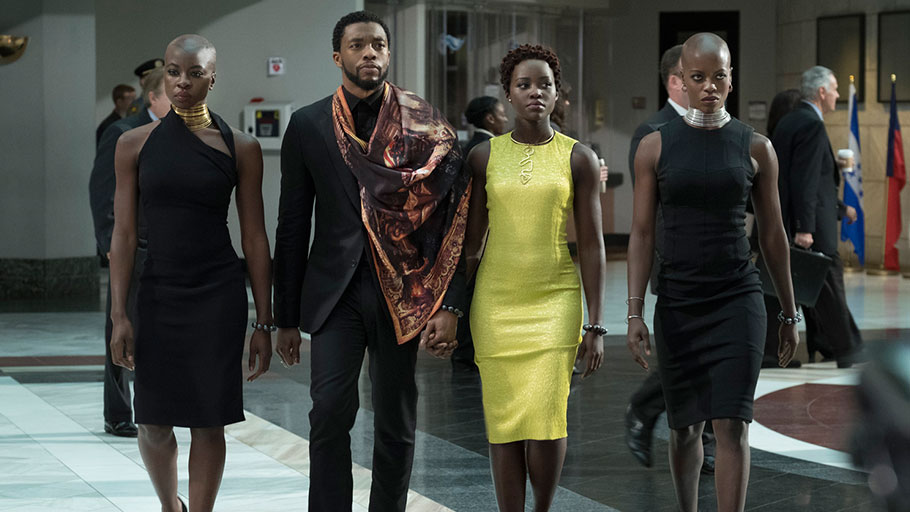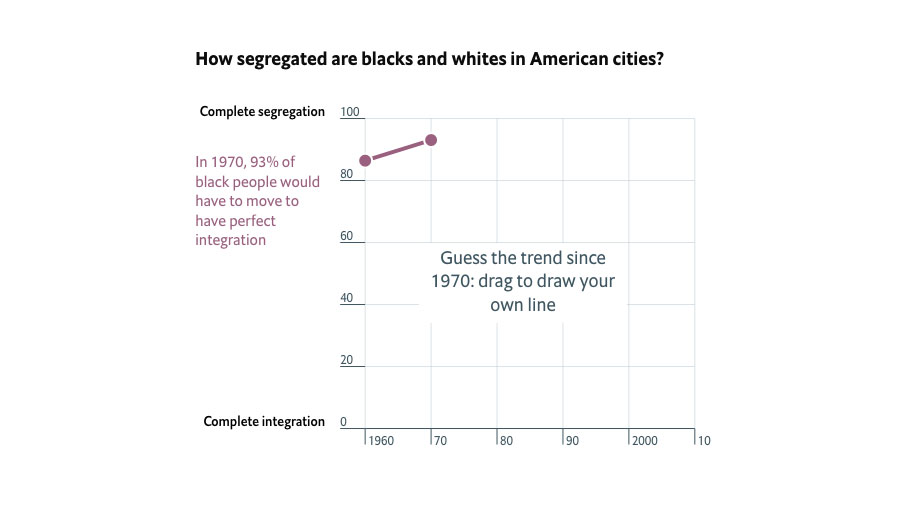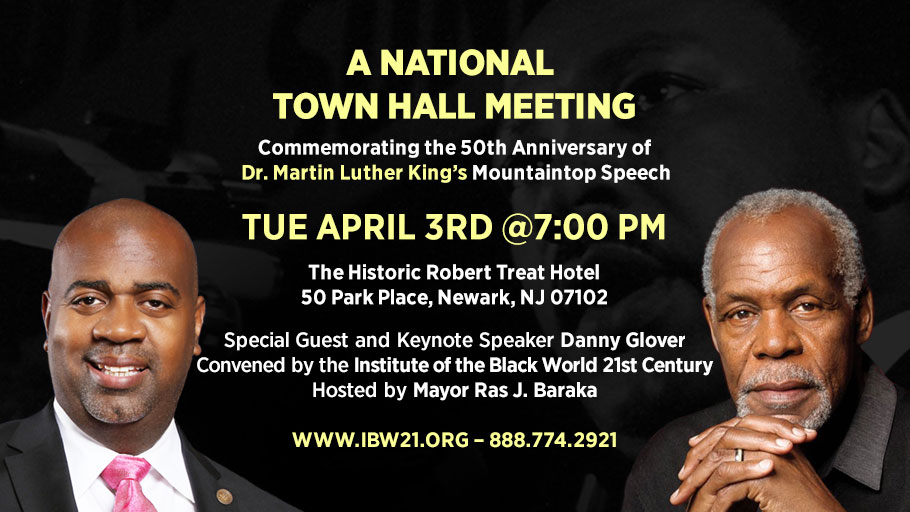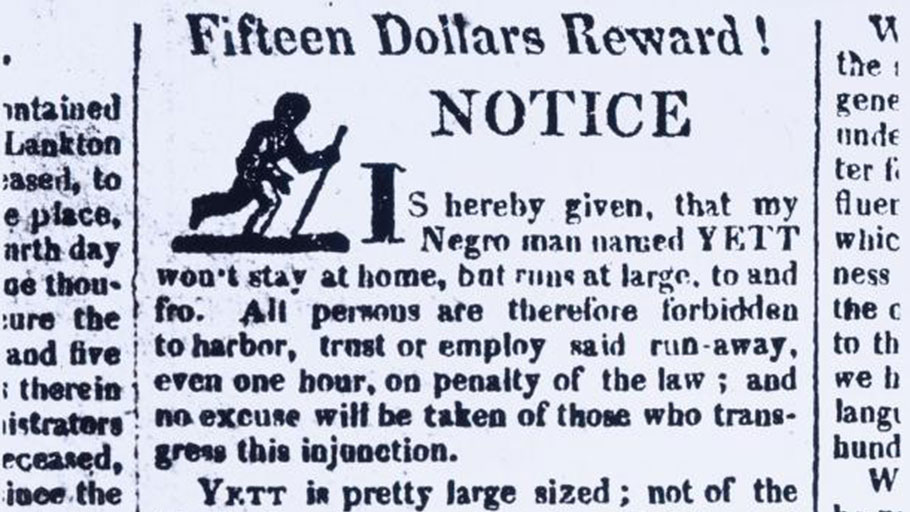
Freedom on the Move from Cornell University is the first major digital database of fugitive slave ads from North America. By Allison Meier — Readers of the May 24, 1796 Pennsylvania Gazette found an advertisement offering ten dollars to any person who would apprehend Oney Judge, an enslaved woman who had fled from President George Washington’s Virginia plantation, Mount Vernon. The notice described her in detail as a “light mulatto girl, much freckled, with very…

